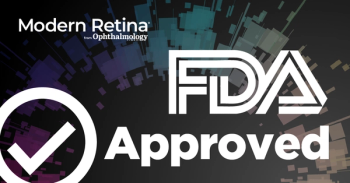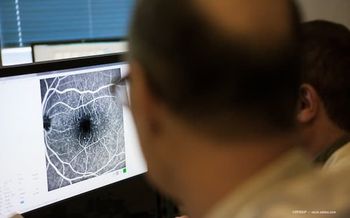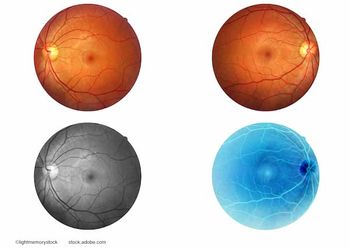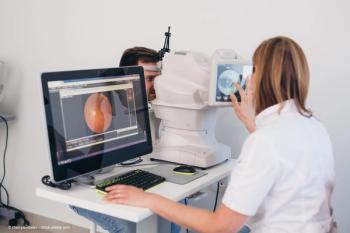
Is there space for telehealth within retina specialty?
Mark Breazzano, MD, discusses the future of telehealth for retina specialists.
Mark Breazzano, MD: Artificial intelligence has been really a hot topic recently, and there's definitely a lot of potential for telehealth and certainly a lot of our relative specialties have certainly engaged in the telehealth space quite a bit. Retina has that potential as well.
I personally haven't really been using it, but I do know, some colleagues, particularly in the United Kingdom, there are several locations in particular that were actually using imaging on sort of a telehealth basis—or you could consider it teleretina—where they're taking pictures, and then, remotely, the specialists would be monitoring their disease, and if they found something concerning, with wide-field imaging or OCT, taking the patients back to fully evaluate them.
I think that's a very good role to help keep patients safe. I think there's a little bit of trade-off, though, because I don't think we can fully replace the dilated eye exam in person. And certainly we can't perform, you know, for example, injections or lasers, virtually—at least not yet. I think there are certain limitations to it, but at the same time, it could be very useful in the future. Especially targeting these high-risk populations or those of socioeconomic status that might be more danger of losing vision and otherwise not getting the care or recognition that they need the care early on enough.
And so while I haven't been using the telehealth that much, I think there is certainly a space for it and in certain contexts.
Related Content:
Newsletter
Keep your retina practice on the forefront—subscribe for expert analysis and emerging trends in retinal disease management.




























